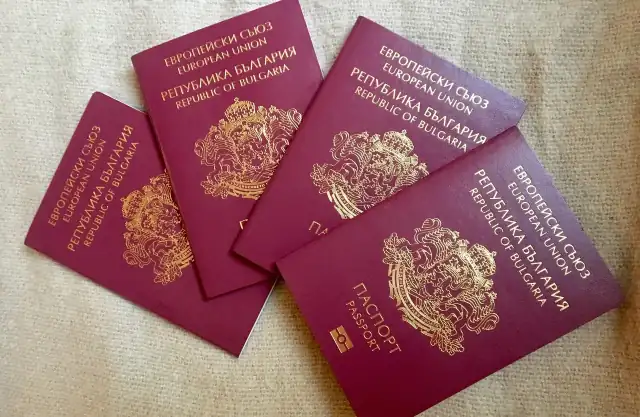
Bulgarian citizens can now travel more freely than ever before, following the country’s rise to 13th place in the 2025 Henley Passport Index.
According to the latest data released this week, the Bulgarian passport grants visa-free or visa-on-arrival access to 177 destinations out of a total of 223—an achievement highlighting the country’s growing diplomatic outreach and global integration.
The Henley Passport Index, compiled using exclusive data from the International Air Transport Association (IATA), is a respected global ranking of travel freedom. It measures the number of countries a passport holder can visit without needing to obtain a visa in advance.
In this year’s index, Singapore retains its status as the world’s most powerful passport, offering visa-free access to 193 destinations.
Japan and South Korea closely follow with 190. Several EU countries—including France, Germany, and Italy—share third place, while Austria, Belgium, and the Netherlands rank just behind. Greece, New Zealand, and Switzerland round out the top five.
The United Kingdom and the United States—both former chart-toppers—have dropped to sixth and tenth place respectively. Meanwhile, India posted the most notable improvement, jumping from 85th to 77th place, giving its citizens visa-free access to 59 countries.
On the other end of the spectrum, Afghanistan remains the weakest passport, providing access to only 25 destinations. Countries like Syria, Iraq, Somalia, and North Korea also rank near the bottom. Notably, Kosovo and Belarus find themselves among the lowest-ranked as well.
Dr. Christian H. Kaelin, founder of the Henley Passport Index, emphasized that mobility rankings are driven by strategic diplomacy. “Access to other nations is earned through trust, security cooperation, and reciprocal visa arrangements,” Kaelin said. “It reflects both foreign policy and internal stability.”
Global mobility is steadily increasing, with the average number of visa-free destinations rising from 58 in 2006 to 109 in 2025. Over the past decade, more than 80 passports have improved by 10 or more positions, reflecting a more interconnected and competitive world.
Among regional standouts, the United Arab Emirates has made the most dramatic leap—rising from 42nd in 2015 to 8th this year.
China also showed major progress, moving up from 94th to 60th place over the past decade. Despite still requiring visas for much of Europe, Chinese citizens now enjoy visa-free access to 75 destinations.
Bulgaria’s position in the top 15 signifies its growing role in global affairs and marks a milestone in its post-EU accession trajectory. With strategic diplomacy and reciprocal visa agreements, Bulgarian citizens now hold a passport that opens doors across nearly every continent.
